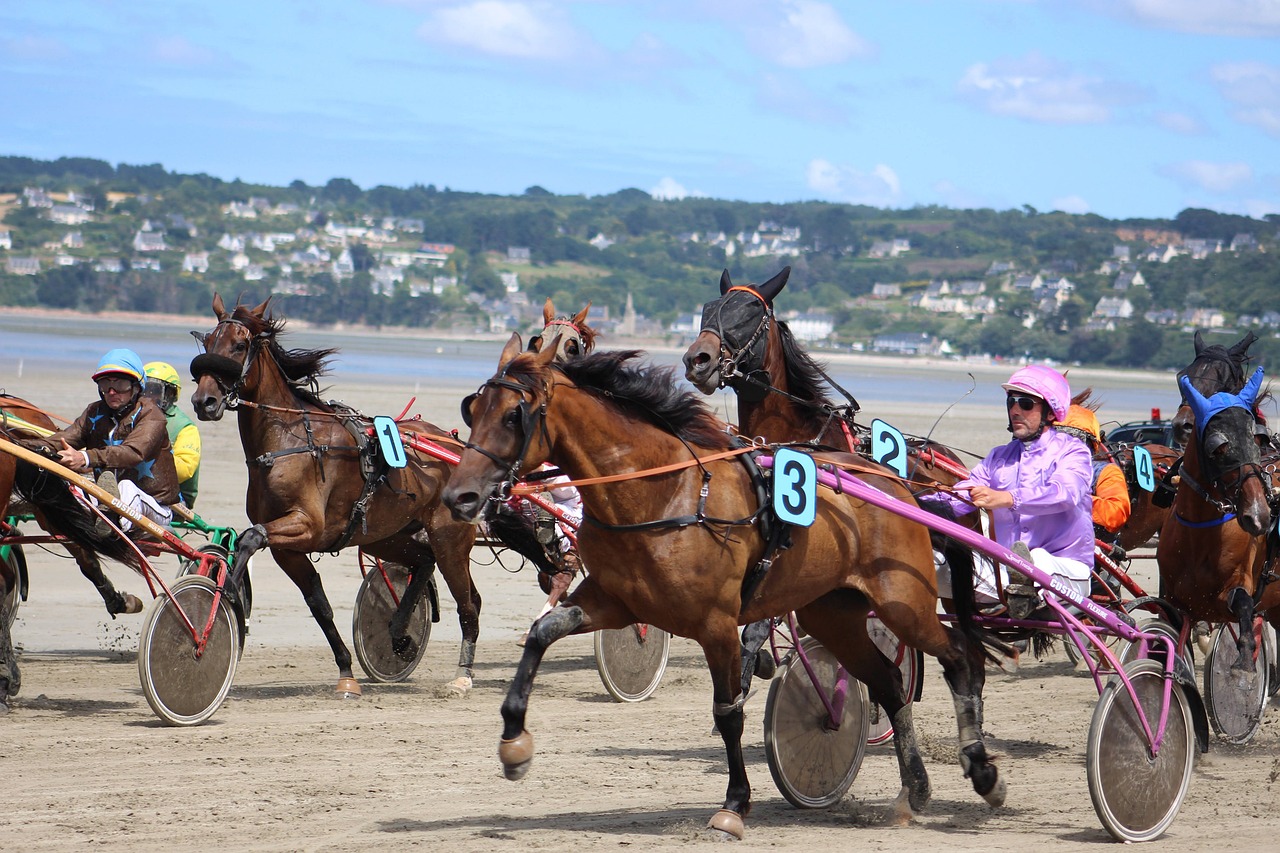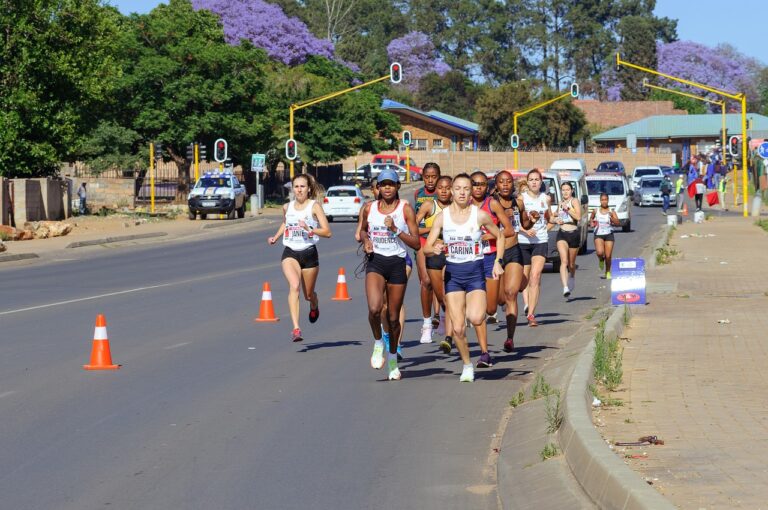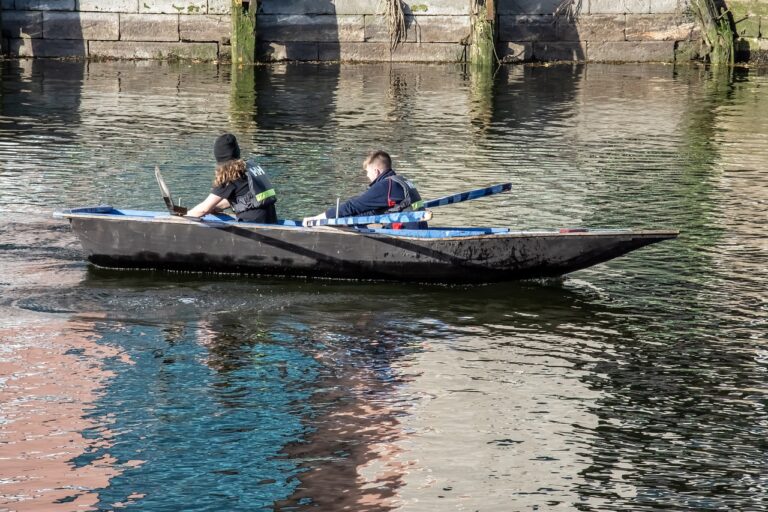Cricket’s Contribution to Indigenous Cultural Heritage Conservation
Sky247, 99exch: Deeply embedded within the core of every society lies the rich tapestry of indigenous cultural heritage. These traditions, customs, and beliefs have been nurtured and passed down through generations, shaping the identity and foundation of communities across the globe. The significance of indigenous cultural heritage cannot be understated, as it serves as a vital link to the past, a source of knowledge and wisdom that informs present-day practices and shapes future aspirations.
The preservation of indigenous cultural heritage is not just a matter of historical reverence; it is a crucial aspect of maintaining cultural diversity and promoting inclusivity. By honoring and celebrating the unique customs and traditions of indigenous peoples, we not only acknowledge their invaluable contributions to humanity but also ensure that their voices are heard and their stories shared. Embracing and respecting indigenous cultural heritage is a testament to the resilience, creativity, and enduring spirit of these communities, fostering a greater appreciation for the beauty and complexity of our collective human experience.
The Role of Cricket in Preserving Indigenous Cultural Practices
Cricket serves as a platform for the preservation of Indigenous cultural practices, fostering a sense of identity and connection to ancestral traditions. Through the sport, various Indigenous communities showcase their unique customs, languages, and rituals, keeping their heritage alive for future generations to appreciate and learn from. The act of participating in cricket tournaments and matches not only reinforces Indigenous cultural values but also allows for the sharing of these traditions with a broader audience, promoting cross-cultural understanding and respect.
Furthermore, cricket provides a space for Indigenous peoples to reclaim and celebrate their cultural heritage in the face of historical marginalization and erasure. By integrating traditional Indigenous practices into cricket games and events, players and communities honor their ancestors and strengthen their cultural resilience. This fusion of sports and heritage empowers Indigenous individuals to take pride in their roots and reinforces the importance of cultural preservation in a rapidly changing world.
• Cricket serves as a platform for the preservation of Indigenous cultural practices
• It fosters a sense of identity and connection to ancestral traditions
• Various Indigenous communities showcase their unique customs, languages, and rituals through the sport
• Participation in cricket tournaments reinforces Indigenous cultural values and allows for sharing traditions with a broader audience
• The sport promotes cross-cultural understanding and respect
Furthermore, cricket provides a space for Indigenous peoples to reclaim and celebrate their cultural heritage. By integrating traditional practices into cricket games, players honor their ancestors and strengthen cultural resilience. This fusion of sports and heritage empowers individuals to take pride in their roots amidst historical marginalization. It also highlights the importance of cultural preservation in today’s rapidly changing world.
Continuing to play cricket helps keep these valuable traditions alive for future generations while also serving as a form of resistance against assimilation pressures that threaten Indigenous cultures worldwide. Through this integration of sports and heritage, communities can maintain their identities while engaging with wider society in meaningful ways.
Promoting Awareness and Appreciation of Indigenous Traditions through Cricket
Cricket plays a crucial role in promoting awareness and appreciation of Indigenous traditions. Through this popular sport, communities can showcase their unique cultural practices, rituals, and stories to a broader audience. The integration of Indigenous elements into cricket matches serves as a powerful tool for preserving and celebrating these rich traditions for future generations.
By incorporating Indigenous customs into cricket events, such as traditional dances, music, and ceremonies, spectators and players alike can gain a deeper understanding and respect for the cultural heritage of these communities. This not only fosters a sense of inclusivity but also provides a platform for Indigenous peoples to share their stories and showcase their talents on a global stage. Through the unifying power of cricket, a bridge is built between different cultures, fostering mutual respect and appreciation for the diverse traditions that make up our world.
How can cricket help preserve Indigenous cultural practices?
Cricket can help preserve Indigenous cultural practices by providing a platform for showcasing traditional ceremonies, songs, dances, and art forms before, during, and after matches. This helps keep these practices alive and promotes cultural continuity.
Why is it important to promote awareness and appreciation of Indigenous traditions through cricket?
Promoting awareness and appreciation of Indigenous traditions through cricket helps to educate the public about the rich cultural heritage of Indigenous communities. It also helps to combat stereotypes and misconceptions, foster mutual respect, and build stronger relationships between Indigenous and non-Indigenous peoples.
What are some ways in which cricket can be used to promote Indigenous cultural heritage?
Cricket can be used to promote Indigenous cultural heritage by incorporating traditional elements into matches, such as welcoming ceremonies, traditional dress, music, and art. Additionally, hosting cultural events and workshops in conjunction with cricket matches can help raise awareness and appreciation of Indigenous traditions.
How can individuals support the promotion of Indigenous cultural heritage through cricket?
Individuals can support the promotion of Indigenous cultural heritage through cricket by attending matches that incorporate traditional elements, learning about Indigenous customs and traditions, and advocating for the inclusion of Indigenous perspectives in cricket programming and events. Additionally, supporting Indigenous-owned businesses and organizations that work to preserve and promote cultural heritage can make a positive impact.







